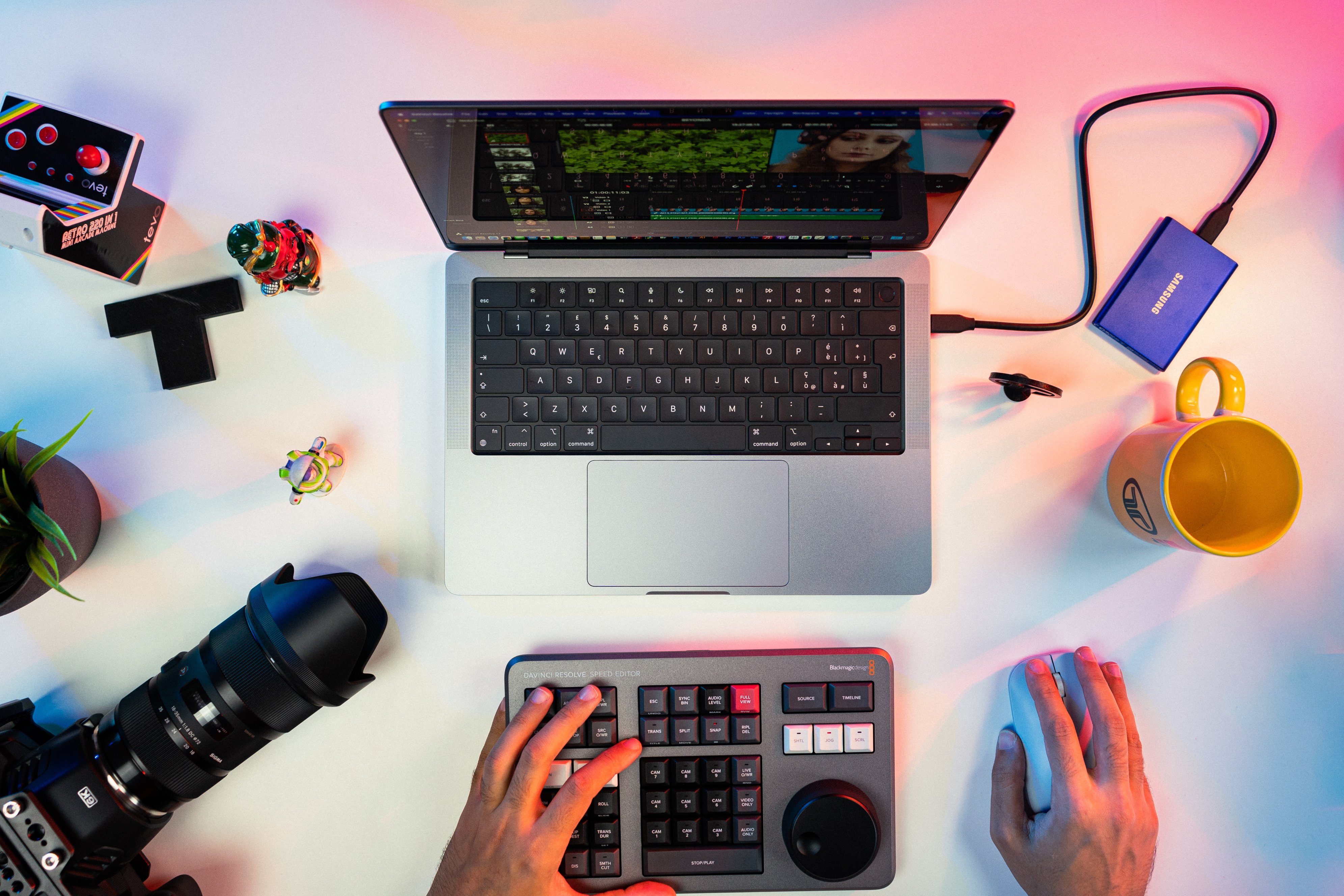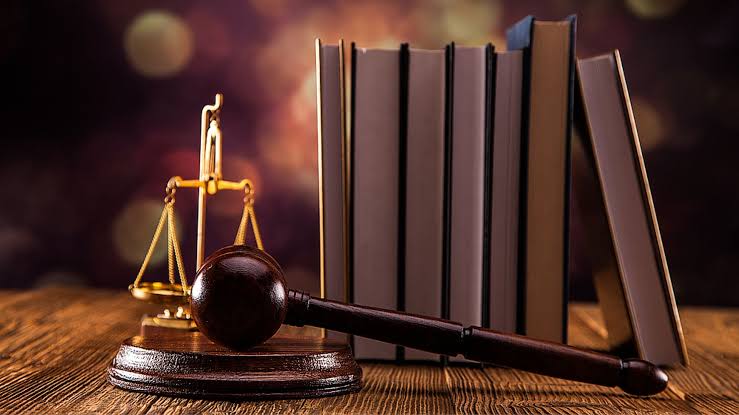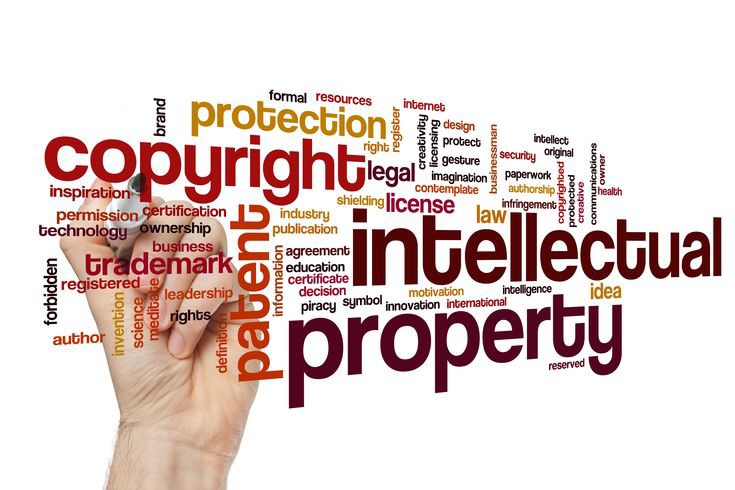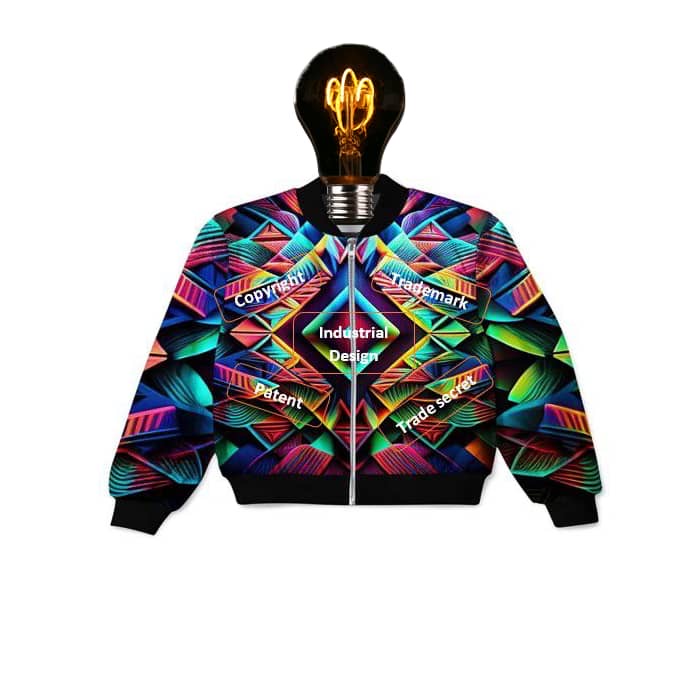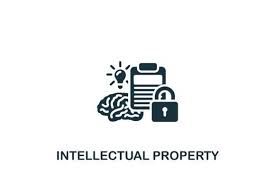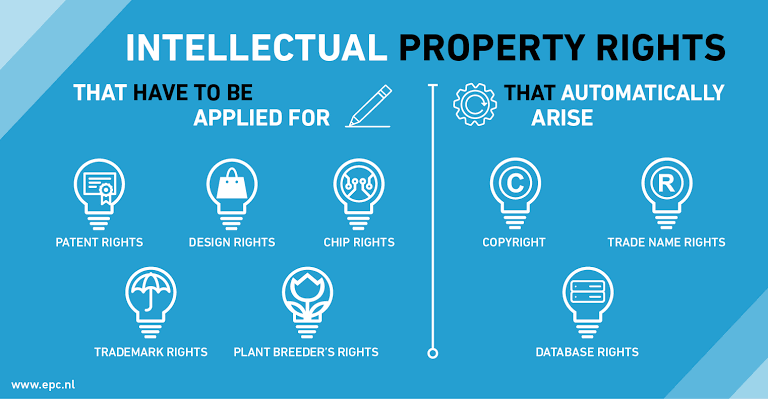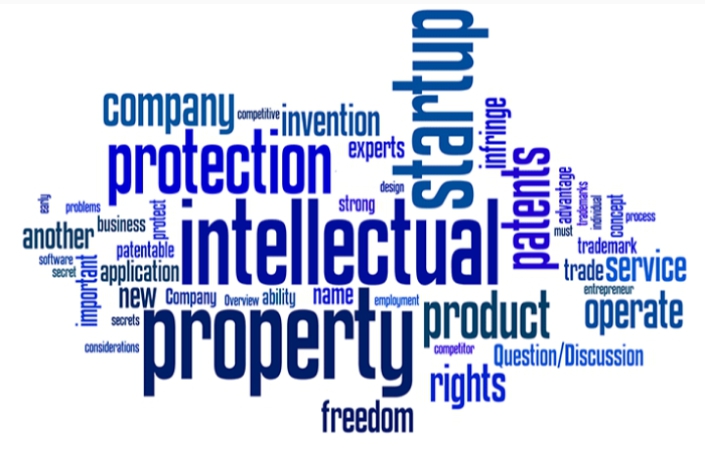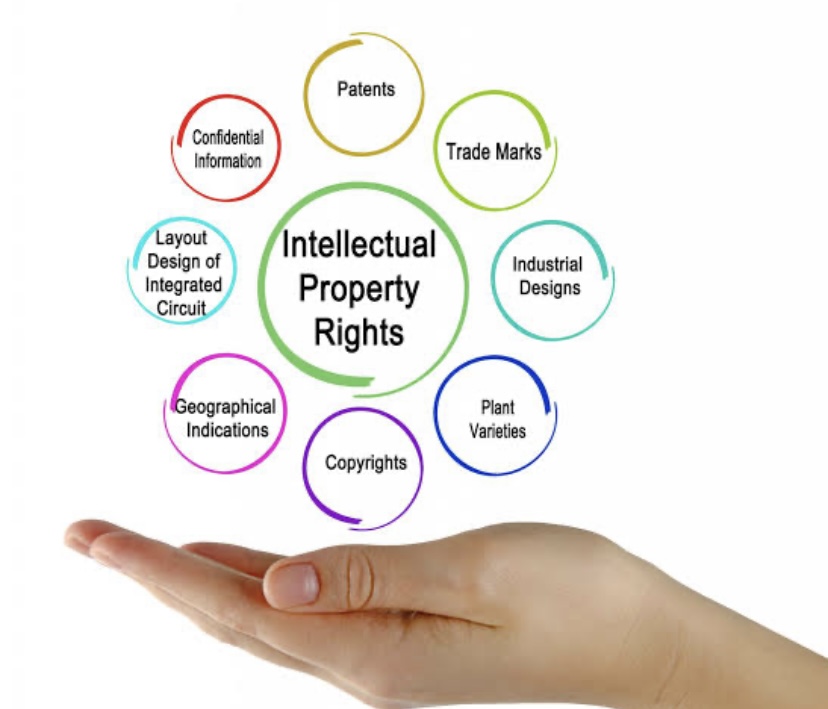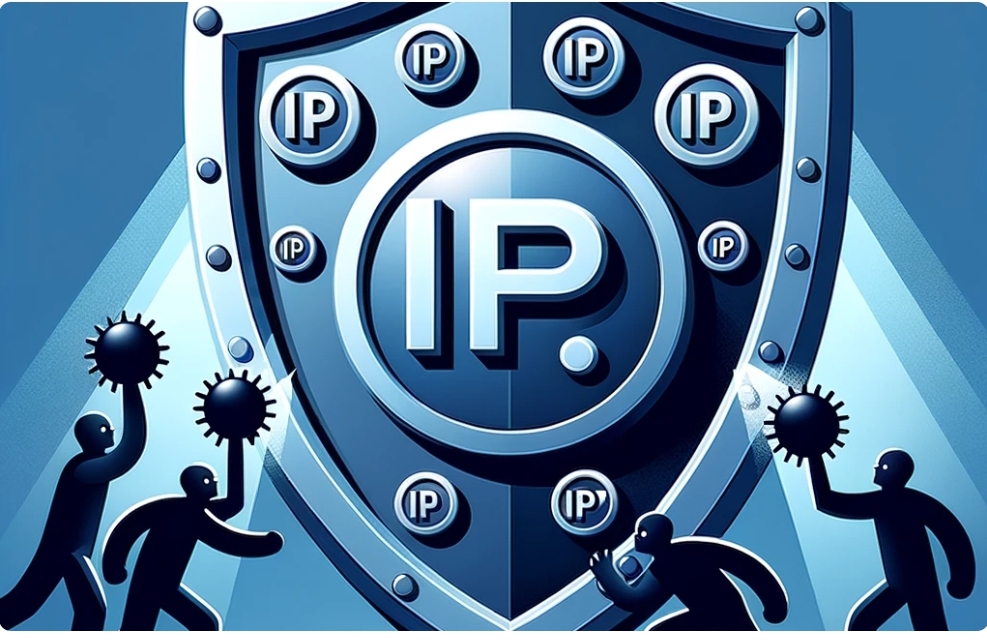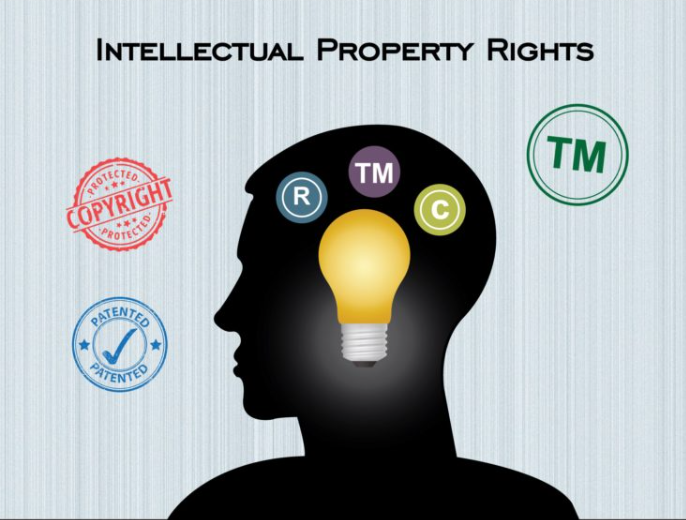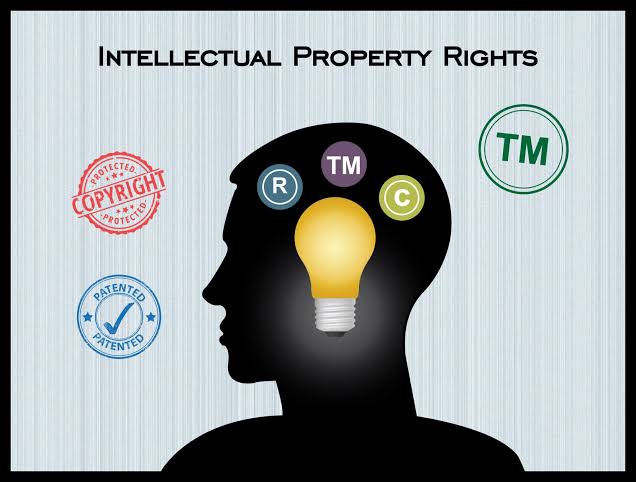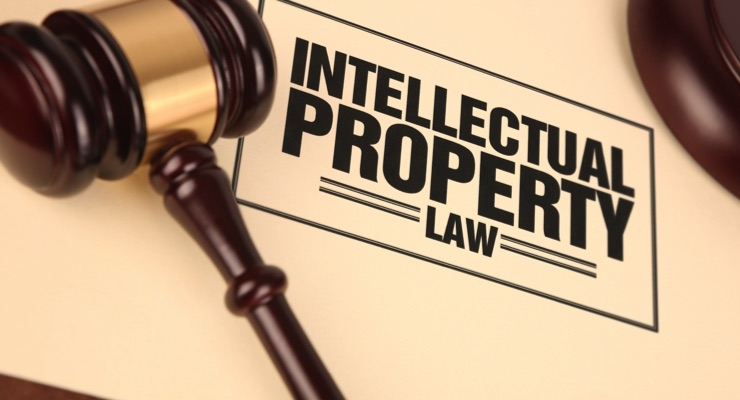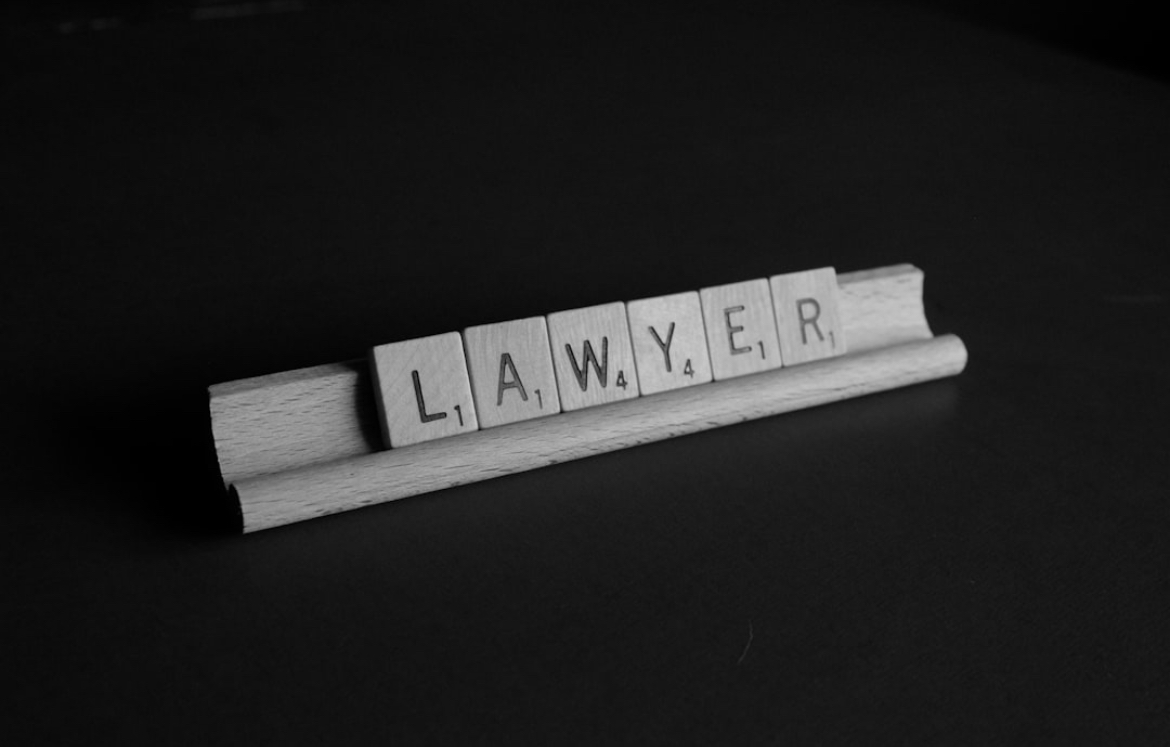
Intellectual Property in Nigeria: An in-depth Analysis.
Over the years, As an Enthusiast of Intellectual property, I have observed that defining or placing an actual definition on intellectual property might seems difficult because globalization, technology, and IP laws are constantly changing. In general, intellectual property is a concept that consists of a grouping of rights designed to protect the ownership of patents, trademarks, inventions, and works of art and literature. However, Making Reference to Article 2 of the WIPO (World Intellectual Property Organization), Central Organisation for the protection of Intellectual Property Laws and the expert organization of the UN, “Intellectual Property shall include the rights relating to literary, artistic and scientific works, inventions in all fields of human endeavor, scientific discoveries, industrial designs, trademarks, service marks and commercial names and designations, protection against unfair competition, and all the other rights resulting from intellectual activity in the industrial, scientific, literary or scientific fields.
Also, One question we must have asked ourselves as budding Intellectual Property Lawyers is that; To what extent is the recognition of Intellectual property as an asset in Nigeria?. Assets are primarily grouped into tangible and intangible. While the former are physical assets, the latter on the other hand are ideas, knowledge, innovations and inventions, patents, designs etc. Identifying intellectual property as an asset confers equal economic value as tangible assets when proper steps are taken to protect them. Just as physical properties require protection against vandalism, theft, sabotage, and unauthorized usage, by registration (in case of landed properties) or insuring, the same protection ought to be given to intangible assets. Upon the acknowledgement of IP as an asset, there is the need for its protection to safeguard against loss.
A Critical Analysis at the Legal Framework of Intellectual Property in Nigeria:
Regardless of the Extent of its recognition, Intellectual property in Nigeria, although has remained in its cradle stage for years, there exists some level of legal framework established to ensure protection and enforcement of intellectual property rights this has however not transcended into innovation and creativity. Although the laws protecting IP gives confidence to the IP owner that he/she has a property right the use both in practice and jurisprudentially is yet to be effective. Nevertheless, three major statutes are regulating intellectual property in Nigeria. Here are some laws seeking to protect Intellectual property in Nigeria.
Trademarks Law:
The first trademark law in Nigeria known as the Trade Marks Proclamation Ordinance of 1900 which was an adaption of the Trade Marks Act of 1888 of the UK, and applicable to Southern Nigeria alone. Several other Ordinances were enacted before the first indigenous Trademarks Act of 1965. The Trade Marks Act of 1965 is still the current law. The Trade Mark Acts of 1965 is incorporated into the Laws of the Federation of Nigeria 2004 as Chapter 13. Under the Trademarks Act, a trademark is a mark used or proposed to be used concerning goods to indicate a connection in the course of trade between the goods and the person having the right either as proprietor or as a registered user to use the mark, whether with or without any indication of the identity of that person. A trademark is a distinctive mark of authenticity, through which the products of a particular manufacturer or the vendible commodities of a particular merchant may be distinguished from those of others. A mark may include any symbol, name, word or device legally registered under the Act or established by use that can be used to differentiate a company or a manufacturer's goods from another. It is used to ensure a particular product; commodity or services is distinguished from another. Where a trademark is registered, it confers exclusive rights on the user whereby no other person can make use of the same or similar trademark without first obtaining consent. In order words, for an action to succeed for trademark infringement, it must be registered under the Trade Marks Act. Nevertheless, an unregistered mark in Nigeria can be protected under the common law tort of passing- off, as long as the owner can prove the elements required.
Industrial Design Law:
Some call this design right (European) and some call it patentable design, industrial design (WIPO and other international organization). A design is a kind of intellectual property which gives an exclusive right to a person who has created a novel appearance of a product. It deals with appearance: how they look like. Appearance is important because consumers are interested in the outer appearance of a product. It is exclusively concerned with appearance, not quality. The principles which have been utilized in developing industrial design law are from experiences of patent and copyright laws. It shares copyright laws because the design is artistic. It shares patent law because there are scientific considerations. Design law subsists in a work upon registration and communication. It makes them close to patent law since they are also founded in patent law. Duration is most of the time 20 years like the patent law trademark Rights law.
Copyright Act:
This is an intellectual property Right which does not essentially grant an exclusive right over an idea but the expressions of ideas which makes if different from patent law. Patent is related with invention - technical solution to technical problems. Copyright is a field which has gone with artistic, literary creativity- creativity in scientific works, audio-visual works, musical works, software and others. There are neighboring rights. These are different from copyright but related with it – performers in a theatre, dancers, actors, broadcasters, producers of sound recorders, etc. It protects not ideas but expressions of ideas as opposed to patent. Copyright protects original expression of ideas, the ways the works are done; the language used, etc. It applies for all copyrightable works. Copyright lasts for a longer period of time. The practice is life of author plus 50 years after his/her life. Administrative procedures are not required, unlike patent laws, in most laws but in America depositing the work was necessary and was certified thereon but now it is abolished.
- Other Legal Framework which serves as a broad system of laws and rules govern intellectual property in the country:
1. The Constitution of the federal republic of Nigeria, 1999.
2. Patents and Designs Act.
3. The National Information Technology Development Agency Act.
4. The WIPO Convention.
5. Companies and Allied Matters Act.
6. Federal Competition and Consumers Protection Act.
7. Nigerian Communication Act.
8. Judicial Decisions.
Categories of Intellectual Property
The protection of intellectual properties in many countries of the world has been critically examined and implemented by their government through the enactment of Various Laws and an in-depth look at their Categories. They are;
1. Copyright: This type of Category can be described as the right that creators have over their literary and artistic works. Works covered by copyright include books, music, paintings, sculpture, computer programs, databases, maps and technical drawings (WIPO, n.d.). According to the Copyright Amended Acts of 1999, copyright holders are entitled to the following rights:
i). distribution to the public for commercial purposes of the copies of the work by way of rental, lease, hire or loan or similar arrangement.
ii). publication of the work.
iii). performance in Public spaces.
iv). making of cinematograph film or record of the work
v). production, reproduction, performance or publication of any translation of the work.
vi). reproduction of the work in any material form.
Conclusively, any copyright holder that fails to adhere to the above highlighted rights would be duly sanctioned as indicated in the Copyright Amended Act for 1999.
2. Patents: Patent is an exclusive right granted for an invention for a maximum period of 20 years from the date of filing of the patent application. The right granted to the patentee prevents others from using the invention during the period granted (Kujembola, 2014). In exchange of this right, the patent owner makes information on the patent publicly available in the published patent document. The Nigeria’s Patent and Designs Act of 1990 establishes the rules governing patent and design matters. Sections 1-11 of this Act is devoted to patents while sections 12- 22 are devoted exclusively to design.
3). Trademarks: Trademark is a symbol, sign or logo which distinguishes an organization’s goods and services from one another (WIPO), The Nigerian Trademark Act Cap 2004 regulates trademark registration and practice in Nigeria. Therefore, an individual applying for trademark must register with the Registrar of Trademark. Trademark protects names, logos, shapes and slogan for duration of 7 years. Trademarks are however, renewable for a period of 14 years.
4). Industrial Designs: Industrial designs are ornamental or aesthetic aspect of an article. It may comprise of three dimensional features such as shape or surface of an article, or two dimensional features such patterns, lines or colours (WIPO, n.d.). Rights to Industrial designs are granted by the state authority at the fulfilment of certain conditions by the applicant. Registration of an industrial design confers on the applicant the right to preclude others from copying or reproducing the design, manufacturing the product or selling for commercial
purposes. The right to an industrial design is granted for a maximum period of 15 years from the date of application for registration.
5. Trade Secrets: A trade secret is a simple concept. Don’t tell anyone the details and treat it as confidential. To get protection as a trade secret one must be able to demonstrate that intent and show the steps taken to keep it confidential. Trade secrets are useful for anything that can’t easily be reverse engineered, such as the formula for Coca-Cola or Chicken Republic Chicken Pie.
Conclusion:
From the above explanation on the in-depth analysis of Intellectual Property Rights; it’s categories, Laws and more, it can be seen that it’s an entire aspect of Law that is not only interesting but also Thought-Proviking and Beneficial. However, in achieving the benefits of this aspect of the Legal profession, several challenges contributing to the weak enforcement of intellectual property rights protection laws in the nation should be urgently addressed by Government. Therefore, intellectual property rights protection in Nigeria should be given the highest priority by government to aid National development; and equally encourage creativity and innovation by creators and inventors.


